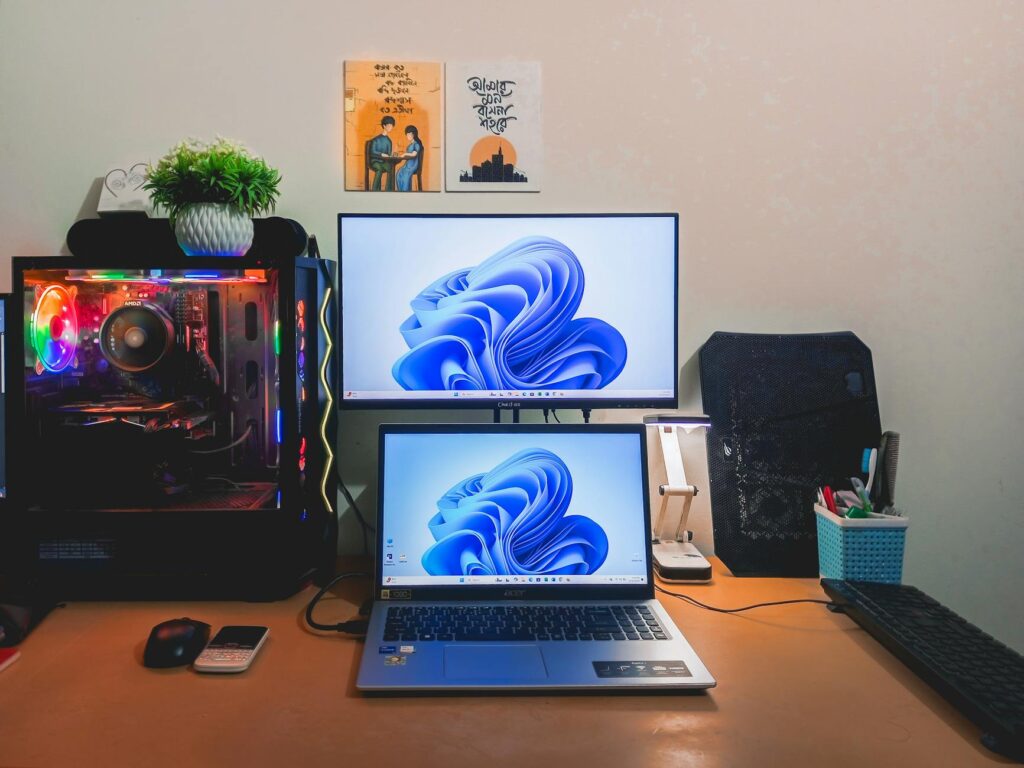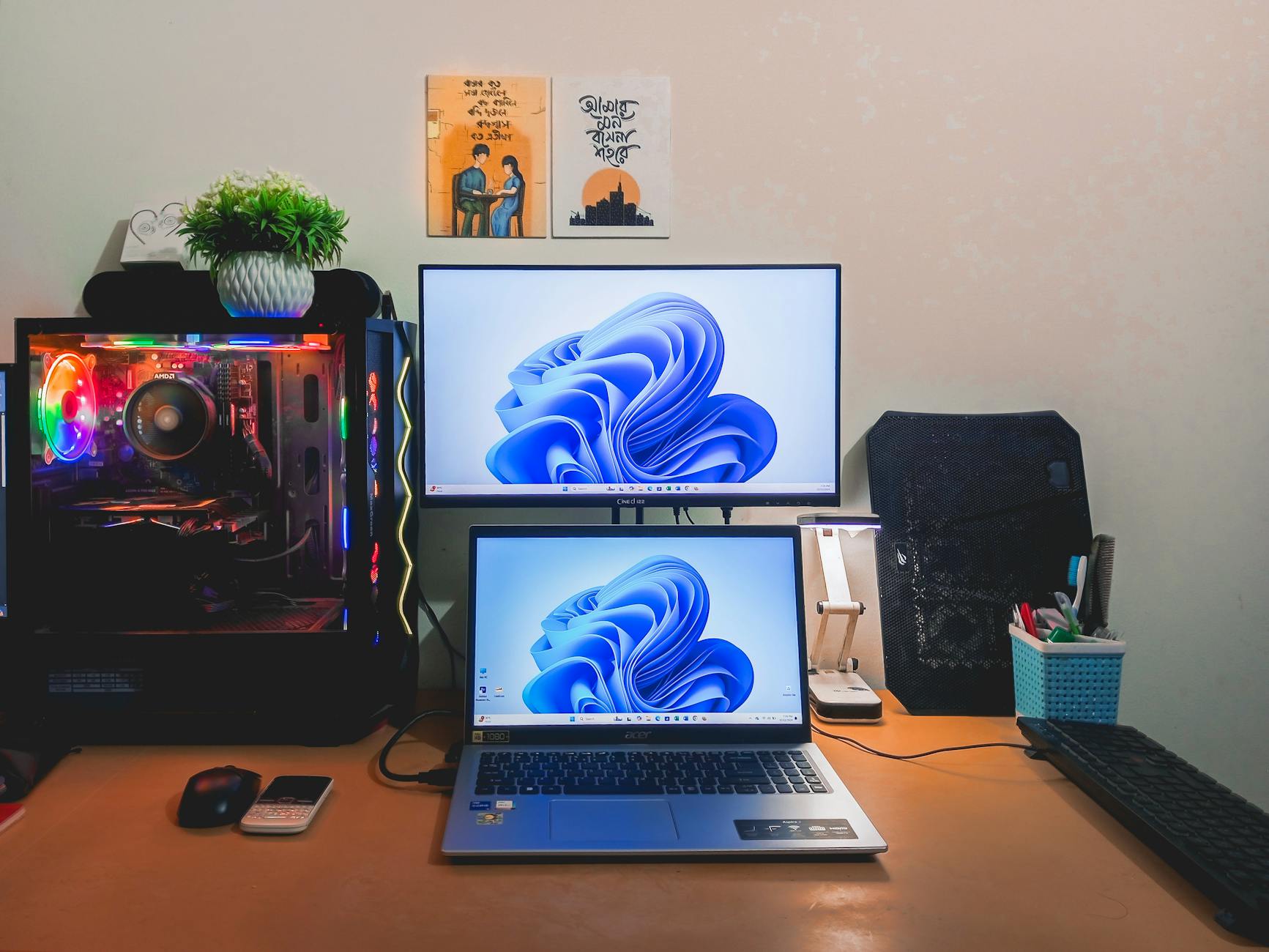What is organization?

What is organization?
Organization is more than just putting things in their proper place. It’s a vital skill that can enhance both personal and professional lives. By creating structure, we streamline our tasks, maximize our productivity, and ultimately contribute to a more balanced life. When we think about organization, it’s essential to consider how it relates to productivity and time management. Whether you’re juggling tasks at work or managing household responsibilities, effective organization is the backbone that supports success.
Defining Organization
To grasp the concept of organization, we need to explore its various contexts. Organization plays a significant role not only in personal life but also in the workplace and in the overall structure of businesses.
Personal Organization
Personal organization involves managing your time, tasks, and environment to create a more efficient daily routine. Tools such as planners and digital apps can help individuals prioritize responsibilities. One popular method is the Eisenhower Box, which categorizes tasks based on their urgency and importance. This method helps clarify what needs immediate attention versus what can be scheduled for later or delegated. For a comprehensive list of tools for personal organization, check out this guide on tools to keep your life organized.
Workplace Organization
In the workplace, organization is crucial for both individual performance and team dynamics. Effective organization includes defining team roles, employing project management methods like Agile or Kanban, and optimizing office layout for better collaboration. When everyone knows their responsibilities and where to find resources, productivity increases significantly. This article on workplace organization techniques outlines some practical strategies.
Organizational Structure
The term “organizational structure” refers to how businesses arrange their teams and workflows. Different structures include hierarchical, flat, and matrix systems. A hierarchical structure has clear levels of authority, while a flat structure promotes a collaborative approach with fewer levels of management. For more on organizational structures, explore this informative piece about types of organizational structures.
The Benefits of Being Organized
Being organized has numerous advantages, both at home and in the workplace. Here are some key benefits that illustrate its importance.
Improved Productivity
Research shows that organized individuals tend to be more productive. According to studies, people who maintain an organized workspace are able to complete tasks more efficiently, often doubling their output compared to disorganized peers. Check out this article discussing the benefits of being organized for more insights.
Enhanced Time Management
Being organized aids in effective time management. When you prioritize tasks and create a structured schedule, you can allocate time more effectively. By using methods such as to-do lists or digital calendars, you ensure that deadlines are met without last-minute stress.
Reduced Stress and Improved Well-Being
Organization can significantly lower stress levels. A cluttered environment often contributes to feelings of overwhelm. By decluttering spaces and organizing tasks, you create a calmer atmosphere conducive to mental well-being. Studies have shown that people who keep organized spaces experience better mental health outcomes. For information on how organization impacts health, visit this resource on the health benefits of being organized.
Techniques for Effective Organization
Improving organization skills requires practical techniques that anyone can implement. Here are some effective strategies.
Goal Setting and Prioritization
Start by setting clear goals. Identify what you want to accomplish and break these goals into manageable tasks. Use methods like SMART goals to ensure your objectives are specific, measurable, achievable, relevant, and time-bound. Prioritizing tasks can lead to a more organized approach to daily responsibilities.
Decluttering and Spatial Organization
Physical and digital clutter can hinder productivity. Allocate time each week to declutter your environment. This could involve cleaning your desk, organizing your files, or sorting through emails. A well-organized space not only improves focus but also enhances creativity.
Leveraging Technology for Organization
Digital tools can significantly boost organization. Applications like Trello, Evernote, or Google Calendar allow you to keep track of tasks and deadlines efficiently. By utilizing technology, you create a system that simplifies management and enhances productivity. For a list of must-have organizational tools, refer to this guide on digital organization tools.

Photo by Nafiz Barakah
Conclusion
In summary, organization is a crucial skill that positively affects various aspects of life. By recognizing its importance, you can enhance productivity, manage time effectively, and reduce stress. Implementing techniques such as goal setting, decluttering, and leveraging technology will set you on the path to a more organized life. Don’t wait—start taking steps towards better organization today!